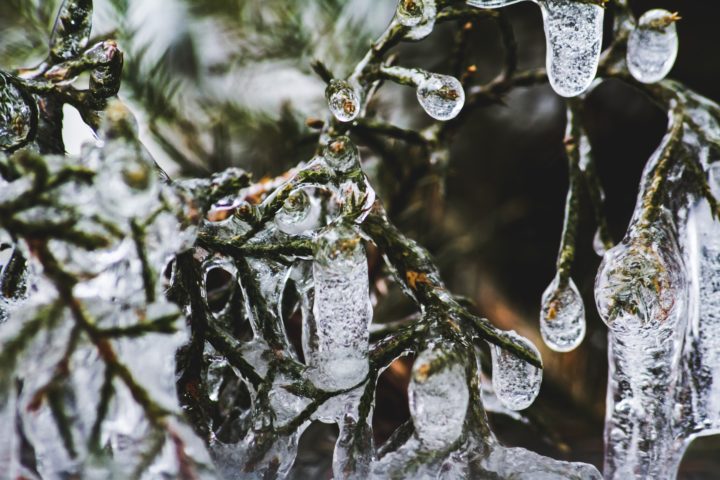The following contribution is from another author.
Now and again, climate change gets us all in a panic. From exploding suns to melting ice caps, we’ve heard it all. In general, though, these issues are always far into the future. While we do, of course, need to protect our planet, there aren’t many who lose over events set a billion years in the future.
Sometimes, though, our impact on the environment has much closer implications. As we’ve all learnt recently, our oceans could be in grave danger as early as 2050. Even closer than that, many experts are predicting we could see a mini ice age in as little as fifteen years. As can be seen from sites like www.sciencealert.com, this isn’t anything entirely new, with history showing something of an ice age cycle, and a similar issue occurring between 1645 and 1715. Still, the threat of bitterly cold temperatures isn’t something many of us embrace.
The good news is that, thanks to modern technology in home heating, we’re more ready for a mini ice age than ever before. Rather than letting this looming threat overwhelm us, then, we should consider the following ways to make modern heating sustain through even an ice age.
Smart thermostats
Smart thermostats have been top of our home wishlists for a few years by this point. And, they could become invaluable if a mini ice age does hit. The fact is that extreme cold puts our homes at risk from damage and damp. By ensuring we can control temperature wherever we are, though, we can guarantee our homes remain in top condition at all times no matter how cold it gets.
Self-regulating heating systems
Smart thermostats aren’t the only helpful heating tech we’ve seen in recent years. Self-regulating heating found in systems like the Retro-line pipe heaters on heatline.com are also a significant advancement. Especially in the case of things like our pipes and electrics, continual heat is vital. As such, self-regulating systems which measure when heat is necessary would become essential if real cold hit. This way, we could keep our homes functioning without major disasters, irrelevant of plummeting temperatures.
Going off the grid
Going off the grid when it comes to home heating is something many of us are already considering to achieve optimal home energy efficiency. In the case of an ice age, though, this could also become a lifesaver. The fact is that transporting gas and other energy forms in extreme cold is sure to become harder. While gas does need to be at around 296.7° degrees Fahrenheit to freeze, many would argue the risk of frozen gas pipes is too significant to take. Not to mention how much continuing to use traditional energy could lengthen any ice age. Instead, then, off-grid energy could become vital. Using solar energy instead of gas, for instance, could both help to heat our planet, and ensure there are never any issues at home. And, when it comes to an ice age, that could mean the difference between life or death.
















